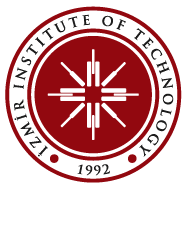MATH 569 Basic Quantum Computation and Quantum Information
After providing the necessary background material in classical computation and quantum mechanics, the basic principles will be developed and the main results of quantum computation and information will be discussed. Introduction to Classical Computation: The Turing machine. The circuit model of computation. Computational complexity. Energy and information. Reversible computation. Introduction to Quantum Mechanics: The Stern-Gerlach experiment. Young’s double-split experiment. Linear vector spaces. The postulates of quantum mechanics. The EPR paradox and Bell’s inequalities. Quantum Computation: 1. The qubit. The Bloch sphere. Measuring the state of a qubit. 2. The circuit model of quantum computation. 3. Single-qubit gates. Rotation of the Bloch sphere. 4. Controlled gates and entanglement generation. The Bell basis. 5. Universal quantum gates 6. Unitary errors 7. Function evaluation 8. The quantum adder. 9. Deutsch’s algorithm 10. Quantum search. 11. The quantum Fourier transform. 12. Quantum phase estimation 13. Period finding and Shor’s algorithm 14. Quantum computation of dynamical systems 15. Quantum simulation of the Schrodinger equation.
Quantum Communication: The no-cloning theorem. Faster-than-light transmission of information. Quantum teleportation.
